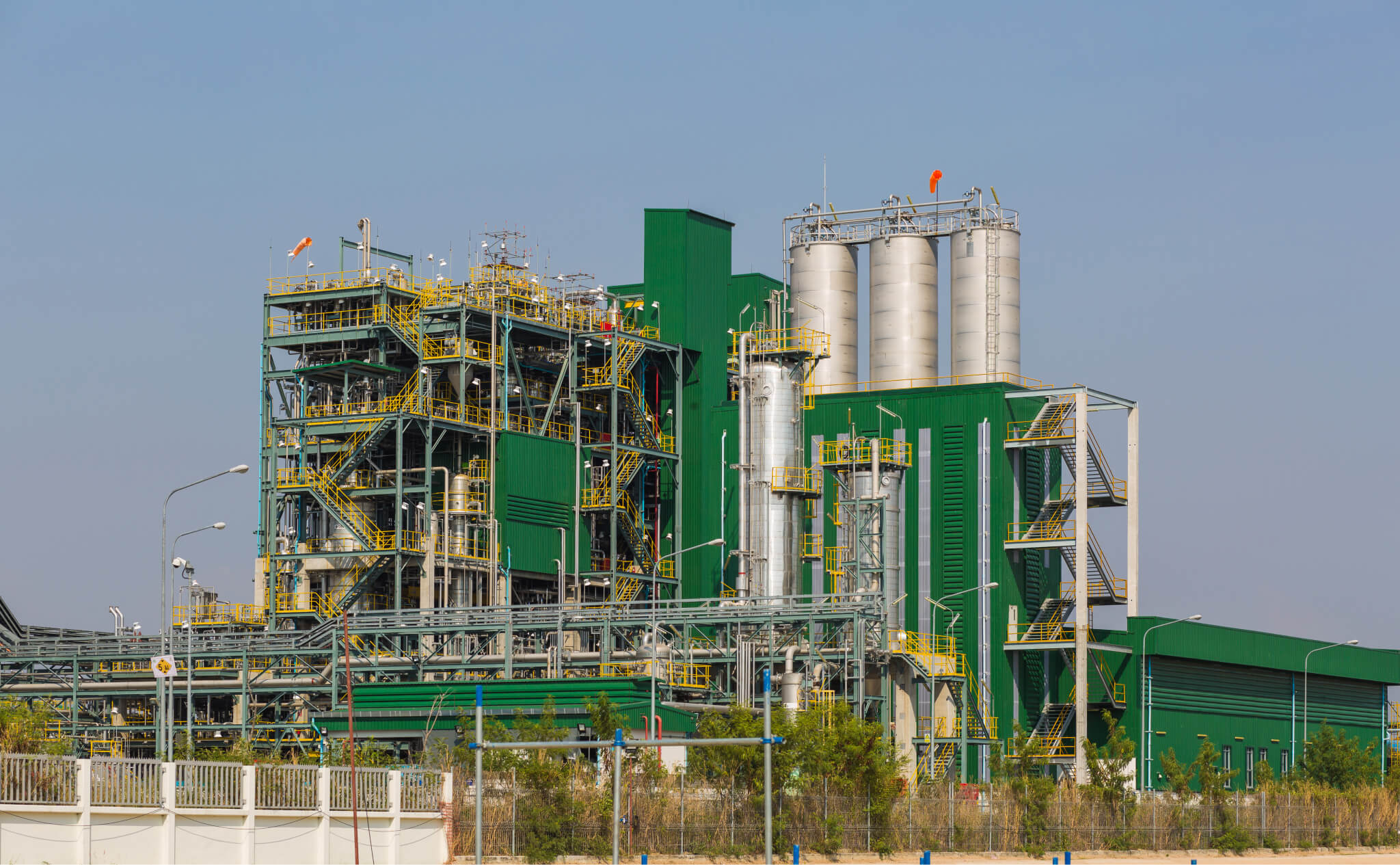Overview
Corrosion of the Tank Cleaner
Hydrofluoric acid (HF) is well known for its ability to dissolve many materials, including glass. Many traditionally “chemically resistant” materials, including stainless steels, are not suitable for use in an environment where HF exposure is likely.
To make matters worse, HF can cause crystallization of waste products onto surfaces in many applications – which may clog the nozzle and increase downtime. A chemical processing plant approached BETE to procure a tank cleaning system for such an environment.
Situation: Large Tanks

The Bete HydroWhirl® Poseidon
The HydroWhirl Poseidon is one of the few wholly PTFE rotary tank cleaners on the market. With no metal parts, the HWP’s PTFE construction is resistant to higher concentrations of HF. PTFE also has the advantage of having one of the lowest friction coefficients in any material.
So, the properties of PTFE solve both challenges. PTFE is highly resistant to HF corrosion, and its non-stick properties mitigate the crystal deposit problem. BETE recommends following proper filtration guidelines (process specific) to ensure optimum performance and longevity of the HWP.


ADVANTAGES OF THE BETE HYDROWHIRL® POSEIDON
- Complete PTFE design offers ultimate corrosion resistance
- Non-stick surfaces limits bearding and residue deposits
- Slow, steady rotation executes efficient cleaning
- Complete 360° coverage
CHALLENGES WITH OTHER TANK WASHING NOZZLES
- Not enough reach from static nozzles
- Frequent clogging due to crystallization
- Corrosion of metallic parts in other rotary nozzles
SOLUTION
The HydroWhirl Poseidon is one of the few wholly PTFE rotary tank cleaners on the market. With no metal parts, the HWP’s PTFE construction is resistant to higher concentrations of HF. PTFE also has the advantage of having one of the lowest friction coefficients in any material.
The lance was custom designed and fabricated inhouse per ASME B31.3, and the customer received vibration calculations per ASME PTC 19.3 TW
The HWP is an All-PTFE Tank Cleaner Suitable for Several Specialist Tank Cleaning Situations in the Chemical Industry. Examples Include:
- Glass-lined vessels
- Corrosive environments
- Compatible with a variety of caustics and solvents






